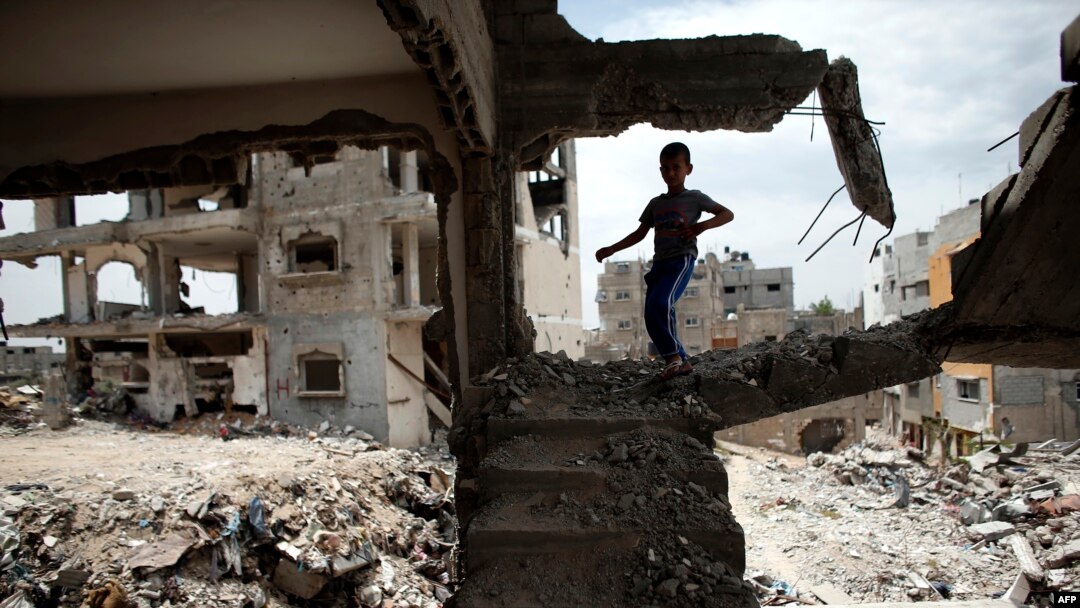Gaza's economy is on the "verge of collapse" and its unemployment rate is now the highest in the world, thanks to blockades, war and poor governance, according to a new report by the World Bank.
The global lender says Gaza's unemployment rate stands at 44 percent. "Even more alarming is the situation of youth unemployment, which soared to more than 60 percent by the end of 2014," it said.
"Gaza’s unemployment and poverty figures are very troubling and the economic outlook is worrying. The current market in Gaza is not able to offer jobs leaving a large population in despair particularly the youth," said Steen Lau Jorgensen, World Bank Country Director for West Bank and Gaza.
Citing security concerns, Israel and Egypt have severely restricted the movement of people and goods into and out of Gaza since 2007, after the Hamas Islamic militant group took over the Palestinian territory.
The blockade has cut Gaza's gross domestic product in half, according to the report. "Gaza's GDP would have been about four times higher than it currently is if it weren't for the conflicts and multiple restrictions," it says.
Since withdrawing from Gaza in 2005, Israel has launched several military campaigns against Hamas. The wars have left thousands of Palestinians dead, wiped out local infrastructure, and destroyed homes, leaving many dependent on U.N. assistance.
The 2014 war between Hamas and Israel was particularly destructive, killing over 2,200 Palestinians and 72 Israelis. Most of the Palestinians killed were civilians, while all but a handful of Israelis killed were soldiers.
The bank says it also reduced Gaza's GDP by about $460 million and devastated the territory's civilian infrastructure.
The report says Gaza's economy is now on the brink of collapse, with nearly 40 percent of the territory's residents falling below the poverty line, "despite the fact that nearly 80 percent of Gaza's residents receive some aid."
"Even more shocking is the reality that most of Gaza’s 1.8 million residents are confined to an area of 160 square kilometers and are not able to travel beyond this area without permits," said Jorgensen.
Israel argues the blockade is necessary to prevent Hamas from importing weapons or other materials used to dig and reinforce tunnels into Israel.
Egypt, whose military has long considered Hamas a rival, has also mostly kept closed the Rafah border crossing and destroyed hundreds of tunnels from Gaza into Egypt that had served as an important economic lifeline.
The World Bank said that to rebuild Gaza's economy, a unified Palestinian government between Hamas and the West Bank-based Fatah was needed. Both factions have made repeated efforts to forge a unity government, but progress has been slow.
The bank also said international donors should continue disbursing the $3.5 billion pledged for the recovery of Gaza. So far, it said just 27 percent has been disbursed.
However, it said the "binding constraint" on Gaza is not financing, but the limitations on imports of construction materials into the territory.
"Therefore, taking into account legitimate security concerns of neighboring countries, ways have to be found to drastically improve access to construction materials in Gaza," it said.


